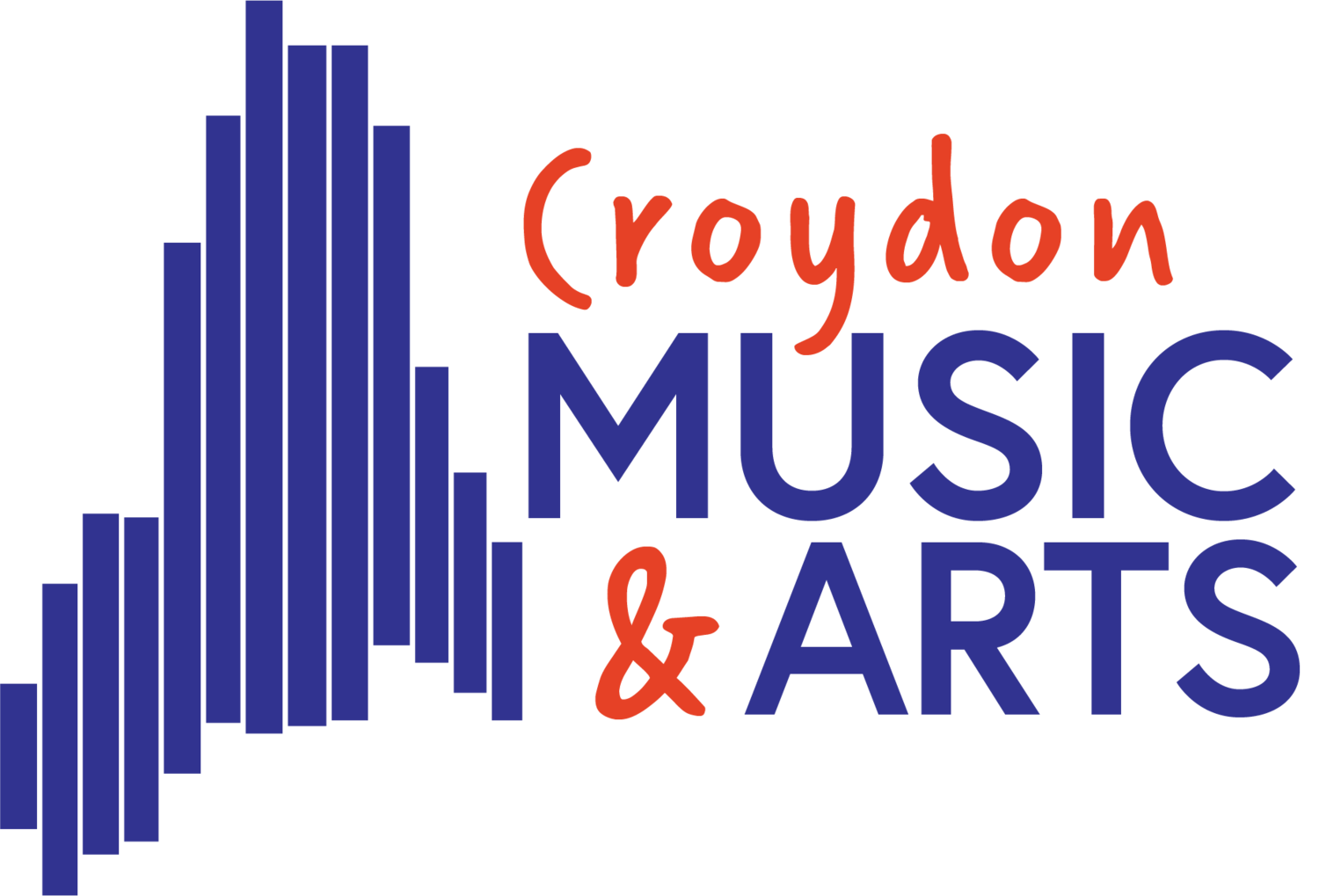Croydon Has Talent

The Mayor of Croydon’s Business Plan 2022-26 states:
Croydon is a young borough, with the largest population of under-18s in London. We want to celebrate their talents and achievements and work with partners to enable our children and young people, including those with special educational needs and disabilities, to fulfil their potential.
CMA has been assigned one of the Business Plan actions to support that priority:
Celebrate the talents of our young people by supporting initiatives such as ‘Croydon has talent’.
The rest of our website describes how we work with education settings and cultural and community partners to provide opportunities for children and young people to realise their creative potential, to showcase their talents and contribute to community and cultural events, and to access pathways into the creative industries.
This webpage describes the five dimensions of successful music and arts activity which will nurture the creative talents of children and young people and support their cultural learning journey. All features are built into the RSL Star Award progression framework where young artists are able to celebrate their achievements through certification. Please see this page for our evidence-based practice model which forms the basis for these descriptions.
Engagement and Enjoyment
Enjoying creative play
Having fun interacting with artist / teacher and others
Discovering their interests and talents
Enjoying success
Decision Making
Being given options and making choices about their involvement
Making artistic choices about their contribution using suggestions from others
Suggesting artistic choices for themselves and others
Understanding the reason for decisions
Connecting to Others
Exploring and taking part in artistic practice from own heritage
Exploring and taking part in artistic practice from other cultures
Collaborating with others when performing or creating
Sharing their art with family and friends
Learning and Progress
Mastering new skills which have been demonstrated or explained by artist / teacher
Demonstrating an understanding of their own mastery
Taking pride in their own mastery
Understanding the next steps in making progress
Expressing Themselves
Displaying an emotional response to an artistic communication
Communicating an emotion artistically
Imagining a story to reflect what they are performing or creating
Creating an artistic response to tell a story
-
Enjoying creative play especially using artistic forms to communicate when other forms of communication are impaired
Discovering their interests and talents and being given options and making choices about their involvement means they can build on their abilities
Mastering new skills and enjoying success can happen at all skill levels
Collaborating with others when performing or creating is possible through inclusive practice where the contributions of all are valued, and young artists from special schools can collaborate with young artists from mainstream schools
-
Exploring and taking part in artistic practice from own heritage helps to create a secure cultural identity.
Exploring and taking part in artistic practice from other cultures helps to build cultural capital.
Collaborating with others when performing or creating helps build cultural understanding and cohesion across different communities
Making artistic choices when creating art which crosses genres mirrors the way the arts continue to develop and enrich all our lives
Creating an artistic response to tell a story can be used to explore injustice and change attitudes
-
Having fun interacting with artist / teacher and others and collaborating with others when performing or creating builds socialisation skills, positive friendships and a sense of belonging
Enjoying success and taking pride in their own mastery builds confidence and self-esteem
Making artistic choices develops self-efficacy and agency, and leads to having a belief in control
Suggesting artistic choices for themselves and others and understanding the reason for decisions develops an ability to reflect
Creating an artistic response to tell a story can be used therapeutically as a safe space to explore issues and aid recovery
-
Goal 1 - Identity: a confident sense of identity without needing to feel superior to others.
- by exploring and taking part in artistic practice from own heritage
Goal 2 - Diversity: an ease with human diversity
- by exploring and taking part in artistic practice from other cultures and collaborating with others when performing or creating
Goal 3 - Justice: a sense of fairness and justice
- by exploring and taking part in artistic practice where some voices have been excluded and creating an artistic response to challenge that narrative
Goal 4 - Activism: skills of empowerment and the ability to stand up for themselves or for others
- by creating an artistic response to tell a story which challenges injustice and promotes inclusion
Please see this page for a description of our evidence based practice which supports the work of health and care professionals.
